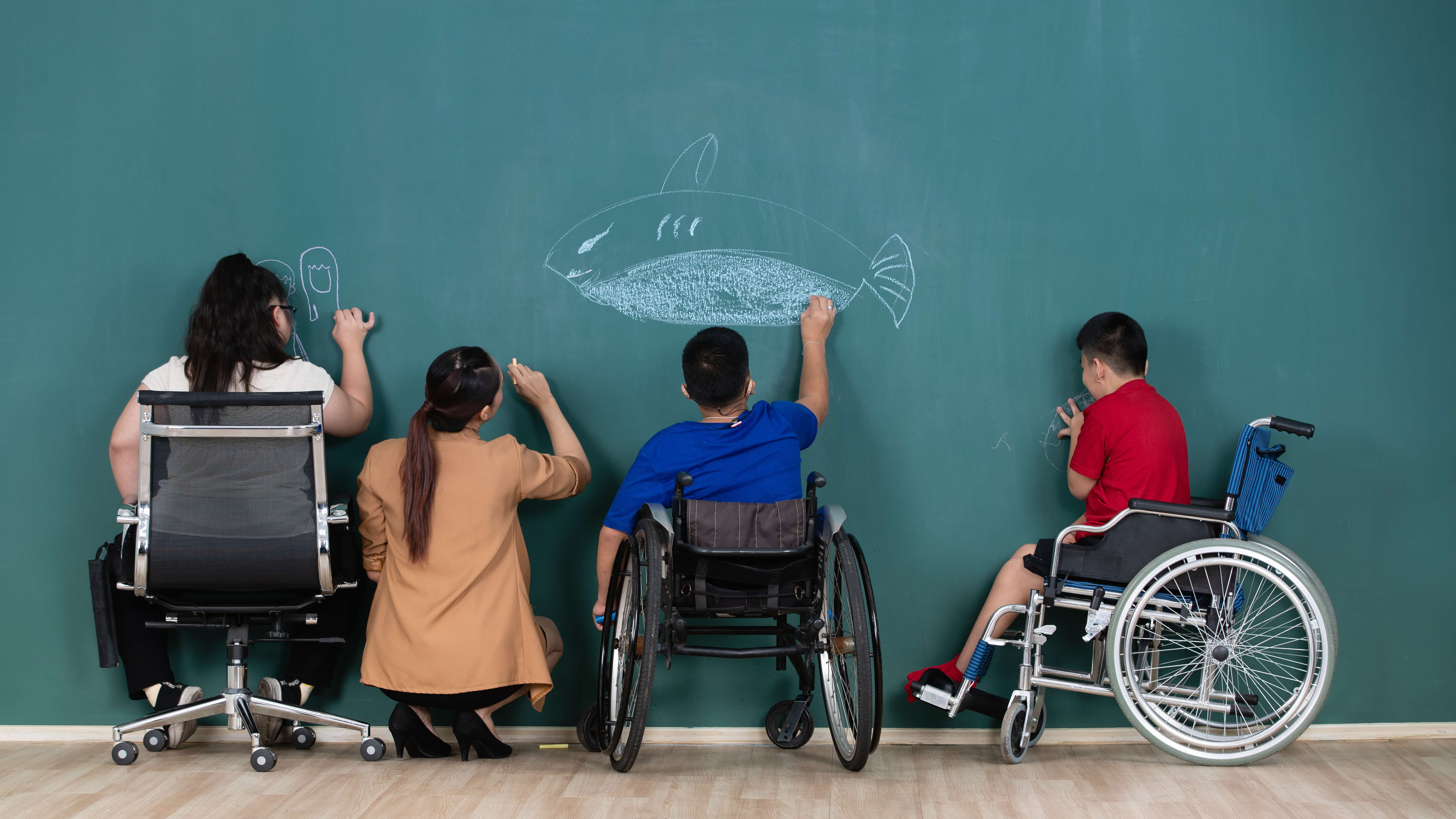
About Social Residential Homes
Social Residential Homes provide residential accommodation to persons requiring care and/or social intervention. The social residential homes support vulnerable individuals who need specialised care and are unable to live independently. These homes cater to various groups, including children, the elderly, and persons with disabilities.
The Ministry of Social and Family Development (MSF) oversees a range of Social Residential Homes that provide short- to long-term residential care, such as:
1. Children's Homes
2. Children Disability Homes
3. Sheltered Homes
4. Welfare Homes
5. Adult Disability Homes
6. Adult Disability Hostels

The Social Residential Homes Act (SHRA)
The Social Residential Homes Act (SRHA) is a comprehensive legislative framework designed to enhance the regulation and quality of care in Social Residential Homes in Singapore.
News & Updates
FAQs
Answer: For a start, MSF will licence SRHs with residents that are highly vulnerable, and are heavily reliant on the home for 24/7 care. About 60 SRHs will come under the SRHA when it is implemented.
Other premises that fall under the SRH definition may be licensed by MSF in future. MSF will consult relevant operators before introducing any further changes.
Answer: Sheltered Homes (14) are currently licensed under the Homes for the Aged Act, while the Children’s Homes (19) and Children Disability Homes (3) are currently licensed under the Children and Young Persons Act.
Answer: Currently, Children’s Homes and Children Disability Homes are licensed under the Children and Young Persons Act (CYPA), and Sheltered Homes are licensed under the Home for the Aged Act (HFAA). MSF can take regulatory actions to direct these Homes to address non-compliances, and in more serious cases, take steps to suspend or revoke their licences. If an egregious breach is committed, we may also pursue criminal penalties under the respective Acts.
Majority of the SRHs today are also funded by MSF and are audited to ensure that they meet the service and funding requirements.
Answer: MSF will adopt a risk-based regulatory approach, and license SRHs in phases, prioritising those that care for the most vulnerable residents.
